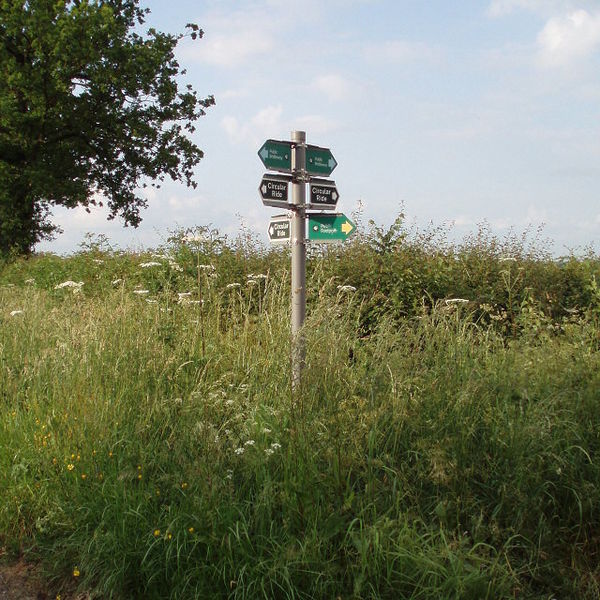
The next main meeting of the Middle Way Network will be on Sun 19th July at 7pm UK time on Zoom. This begins a new phase of the stimulus talks, which will be looking successively at five principles of the Middle Way (scepticism, provisionality, incrementality, agnosticism and integration), followed by three levels of practice (desire, meaning and belief).
There’ll be a short talk on the scepticism, followed by questions and discussion in regionalised breakout groups. Some other regionalised groups will meet at other times. If you’re interested in joining us but are not already part of the Network, please see the general Network page to sign up. To catch up on the previous session, on the focus on error, please see this post.
There is already a short introductory video (8 minutes) on scepticism as part of Middle Way Philosophy, which is embedded below. You might like to watch this for an initial orientation before the session.
Here are some brief details, stimulus questions and suggested reading for this session. The video of the talk and initial questions will also be posted here after the meeting.
Scepticism
Scepticism (spelt ‘skepticism’ in the US) is often misunderstood to be a negative position, but it merely consists of a set of arguments that remind us of uncertainty. These arguments need to be applied consistently (rather than selectively) to be helpful, and they show the uncertainty of negative claims (e.g. denying the existence of something) as much as of positive ones. It’s thus a prompt to recognising that we ‘don’t know’ in a balanced way, not to assuming the opposite absolute belief to the one we are doubting. Scepticism is also unfairly associated with indecision and impracticality, when recognising the limitations of the justification of our beliefs is actually a more practical long-term approach than assuming that you have the whole picture.
These misunderstandings of the implications of scepticism have had negative effects on our thinking for a long time. Facing up to the radical power of scepticism is thus one of the starting points for challenging the power of absolutism on both sides, so as to boost our understanding of the Middle Way.
Some suggested questions:
- Does this present a different view of scepticism to the one you hold or have held? If so, what is or has been your view of it?
- Can you suggest an example of a belief in which you have great confidence, but may nevertheless possibly be wrong?
- Can you also suggest a belief that you confidently deny, but which may nevertheless possibly be correct?
- Can you see a practical value in leaving open that possibility in both cases?
Suggested further reading:
- Migglism Section 2: ‘Scepticism’
- Middle Way Philosophy I: 1 a & b (more detailed)
- The Buddha’s Middle Way 4.a (in relation to Buddhism)
- ‘The Misunderstanding of Scepticism’ (Academic paper)



